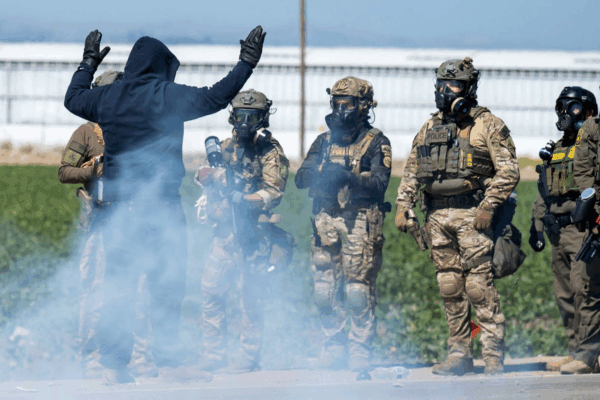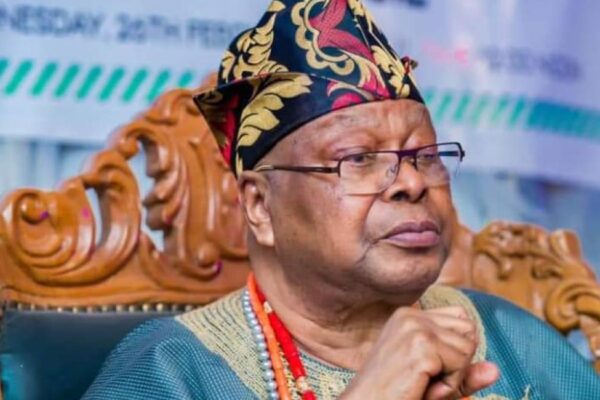
Indian, Ethiopian Prime Ministers, Other World Leaders Mourn Buhari’s Death
SaharaReporters earlier exclusively reported that former Nigerian President Muhammadu Buhari died of leukaemia on Sunday in London, United Kingdom. Global leaders—including the Indian Prime Minister, the Ethiopian Prime Minister, the Tanzanian President, the Sierra Leonean President, and top international organisations—have expressed grief and extended heartfelt condolences to Nigeria over Buhari’s passing. Sources privy to the former president’s health condition told SaharaReporters that Buhari died of leukaemia, a type of cancer that affects the blood and bone marrow, where blood cells are produced. Narendra Modi, Prime Minister of India In a message posted on his verified X (formerly Twitter) account on Monday, Indian Prime Minister Narendra Modi said: Abiy Ahmed, Prime Minister of Ethiopia Ethiopian Prime Minister Abiy Ahmed Ali wrote: “On behalf of the Government and People of Ethiopia, I extend sincere condolences to the family of former President Muhammadu Buhari and to the people and Government of Nigeria. Our thoughts are with you during this time of mourning.” Samia Suluhu, President of Tanzania Tanzania’s President Samia Suluhu expressed her condolences: “I am deeply saddened to learn of the passing of the former President of the Federal Republic of Nigeria, His Excellency Muhammadu Buhari.On behalf of the Government and the people of the United Republic of Tanzania, I convey our heartfelt condolences to His Excellency Bola Ahmed Tinubu, President Buhari’s family, and the people of Nigeria. May his soul rest in peace.” Julius Maada Bio, President of Sierra Leone President Bio wrote: “I am deeply saddened to hear about the passing of President Muhammadu Buhari.On behalf of the people of the Republic of Sierra Leone, I want to express our heartfelt condolences to his family, President Bola Ahmed Tinubu, and the people of Nigeria during this incredibly difficult time.This is truly a devastating loss, and our thoughts are with you all.” African Union Commission AU Commission Chairperson Mahmoud Ali Youssouf released a statement on behalf of the AU: “President Buhari will be remembered as a principled and resolute leader who served Nigeria with honour and conviction.Throughout his tenure, he remained a committed Pan-Africanist—an advocate for regional integration, good governance, and African-led solutions to the continent’s pressing challenges.The Chairperson pays tribute to the life and enduring legacy of this distinguished statesman and salutes his contribution to the advancement of Africa’s development, unity, and voice on the global stage.May his soul rest in eternal peace.” ECOWAS In a statement signed by Dr. Omar Alieu Touray, President of the ECOWAS Commission, the regional bloc stated: “It is with deep sorrow that the world learnt of the passing of His Excellency General Muhammadu Buhari, former President of the Federal Republic of Nigeria.On behalf of all the institutions of the Economic Community of West African States (ECOWAS), we extend heartfelt condolences to the bereaved family, President Bola Ahmed Tinubu, the Government of Nigeria, and the entire Nigerian people.ECOWAS salutes the memory of this distinguished statesman whose invaluable contributions greatly advanced democracy and regional integration in West Africa and across the continent.May his soul rest in paradise.”








